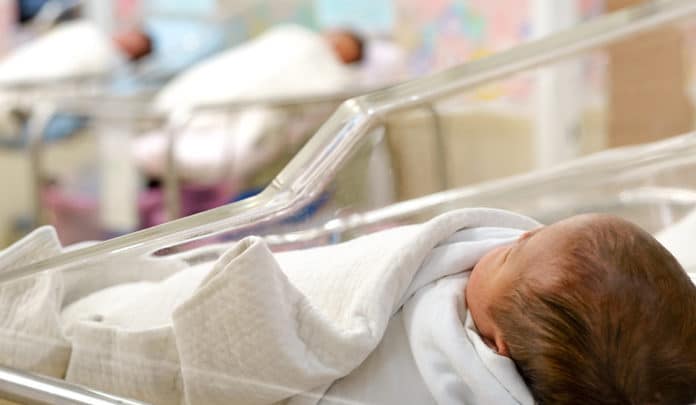Tissue infections or inflammations can be hazardous to both mother and baby. The infection could often lead to premature childbirth with a high risk of serious complications for the infant.
In a new study by Yale University, scientists found that prescribing a drug used to treat conditions as varied as acetaminophen overdose and cystic fibrosis, N-acetylcysteine (NAC) could protect infants from the worst consequences of these infections or inflammation when affected women take it during their pregnancy.
In a randomized, placebo-controlled, double-blind trial, scientists assigned women from 23-33 weeks’ gestation with an indication for delivery in the context of IAI to receive NAC or placebo. The women who had taken NAC for those 10 weeks prior to preterm delivery had babies with fewer negative outcomes than the women who had not received the drug by nearly a factor of three, 12% versus 32%, respectively.
Scientists noted, “Taking NAC during pregnancy is feasible, safe, and does not increase the risk of sepsis in infants.”
Dr. Mert Ozan Bahtiyar, associate professor of obstetrics, gynecology, and reproductive sciences at Yale said, “The study results are very promising. We were able to show that a simple intervention, NAC infusion, could significantly decrease mortality and severe short-term neonatal morbidity in pregnancies complicated with intraamniotic infection or inflammation. Study findings could have a significant impact on clinical practice.”
“Fetal exposure to NAC prior to an impending preterm birth in the context of IAI significantly reduced the rate of the primary composite neonatal outcome, with the highest protection against BPD. The protective mechanism of NAC may involve an increase in the anti-oxidative pool of endogenous thiols. Intrapartum NAC infusion is practically feasible, safe, and does not increase the frequency of neonatal sepsis.”
The study was presented at the annual conference for the Society of Maternal-Fetal Medicine in Las Vegas on Feb. 14.
